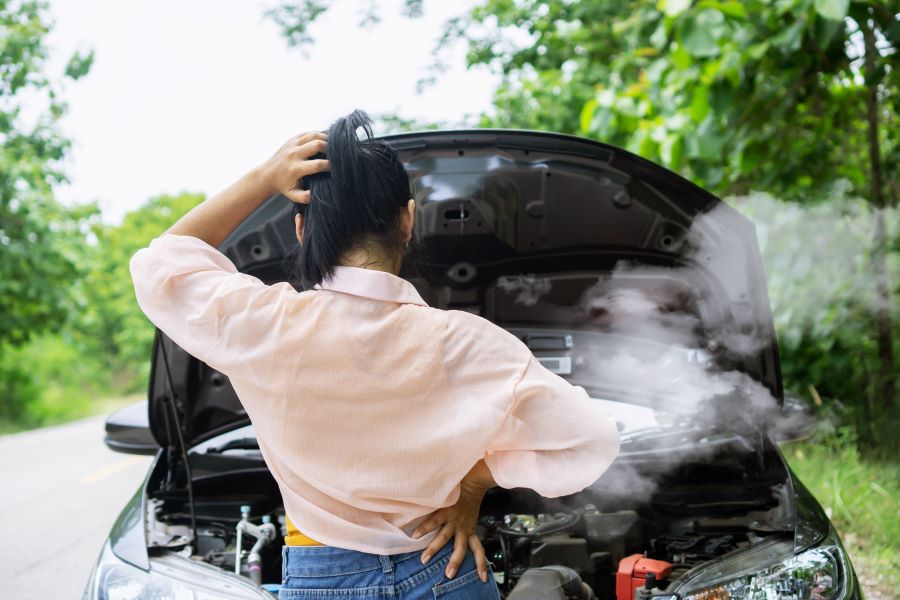Being a responsible motorist means being prepared for any situation that might arise on the road. If you know what's likely to happen, and you know wh
Being a responsible motorist means being prepared for any situation that might arise on the road. If you know what’s likely to happen, and you know what you’re going to do when it does, then you stand a much better chance of coping.
Types of emergencies
Several situations stand out as worth thinking about.
Tyre blowouts will put your vehicle out of action immediately. If your vehicle comes with a spare tyre, then you’ll need to know how to fit it in advance. Figure this out in advance, or be prepared to call a recovery vehicle.
Brake failures can be disastrous, but they’re often the result of gradual decay and lack of maintenance rather than sudden, unexpected failure. Check your brakes regularly and get them serviced.
Overheating engines are, naturally, more common in summer. But they result mostly from a failure of the radiator system. Check your coolant, and see if you can spot leaks.
When the accelerator becomes stuck, you’ll be at high risk of a collision. Apply the brakes, then try to put the car into neutral. Don’t use the handbrake – you’ll lose control of the vehicle. This is something you can practice in a safe area, ideally while you’re still learning. Learner driver insurance might be able to help with this.
Avoiding collisions is something that many modern cars will try to do automatically – but an awareness of your surroundings is still essential. Look for animal crossings and weather-related challenges. When the surface is slick, your braking distances will be hugely increased – so limit your speed accordingly.

Preparing for emergencies
All of these problems have a common solution. Get your vehicle looked at by a professional at regular intervals. This way, you’ll be able to spot potential issues before they have a chance to manifest while you’re driving.
Don’t just rely on the professionals, however. You can and should perform ongoing checks of essential components like the brakes, tyres, lights and fluids. Pay attention to how your car behaves under optimal conditions, so that you can spot when things are going wrong.
You’ll also want to pack a kit so that you can cope when things go wrong. This should include a jack, a first-aid kit, a torch, some jumper cables, and a basic automotive toolset. Things like blankets and food might also come in handy if you get stranded.
Calling for help
There are some situations which you’ll be unable to handle by yourself. If you’re in doubt, then it’s a good idea to call a professional. If you’ve been involved in a collision, or are blocking the highway with a broken-down vehicle, then it’s time to involve the emergency services.
Staying calm and safe
This is the sort of situation during which it’s only natural to panic. Your stress levels will naturally be high – but try to keep a cool head so that you can deal with your own safety and that of your passengers and fellow road users. By anticipating the dangers, you’ll stand a much better chance of keeping your cool, and staying safe.



















































































































COMMENTS